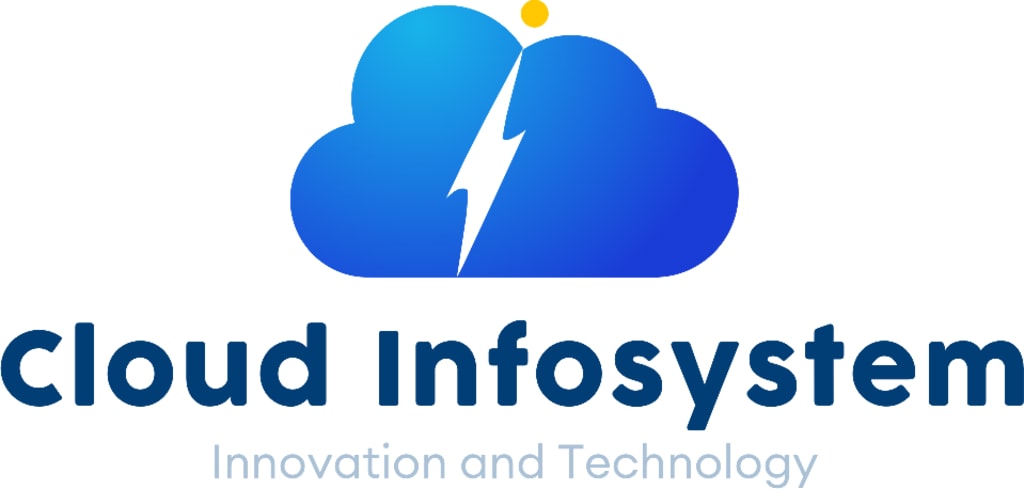Choosing the Perfect Real Estate CRM Software with These Essential Features!
CRM Solutions

Introduction:
Selecting the right real estate CRM software is crucial for streamlining operations, enhancing customer management, and driving business growth. With numerous options available in the market, it's important to understand the essential features to consider. This comprehensive guide explores the key features to look for when choosing real estate CRM software, ensuring you make an informed decision tailored to your business needs.
Contact and Lead Management:
Efficient contact and lead management capabilities are essential for real estate professionals. Look for a CRM that offers robust features to store and organize contact details, track interactions, and manage leads throughout the sales pipeline. This includes functionalities like lead scoring, lead source tracking, and automated lead assignment.
Property Management:
A valuable real estate CRM should provide dedicated features for property management. This includes the ability to track property details, schedule showings, manage listings, and store property-specific documents. Look for customizable fields and filters to match your property portfolio requirements.
Task and Activity Management:
Staying organized and on top of your daily activities is crucial in the real estate industry. Ensure the CRM you choose offers task and activity management features such as creating and assigning tasks, setting reminders, and tracking progress. Integration with calendars and task synchronization across devices can further enhance productivity.
Email Integration:
Effective communication is key in real estate, making email integration a critical feature. Look for a CRM that seamlessly integrates with your preferred email system, allowing you to send and receive emails directly from within the software. Email tracking and synchronization of contacts are valuable functionalities to streamline communication efforts.
Reporting and Analytics:
To make informed business decisions, real-time reporting and analytics capabilities are essential. A robust CRM should offer customizable reports, performance metrics, and visualizations to analyze sales, marketing efforts, and overall business performance. Look for features that provide insights into lead conversion rates, revenue generation, and agent performance.
Mobile Accessibility:
With professionals constantly on the move, mobile accessibility is crucial for a real estate CRM. Consider whether the CRM offers a mobile app or a responsive web interface, enabling you to access and manage data on the go. Mobile access allows agents to respond to leads, access property details, and update information while in the field.
Integration and Customization:
Consider the CRM's integration capabilities with other tools and platforms used in your real estate operations. Integration with email marketing software, accounting systems, and MLS platforms can enhance productivity and streamline workflows. Additionally, ensure the CRM allows customization to align with your specific business processes and preferences.
Automation and Workflow Management:
Automation features can save time and streamline repetitive tasks. Look for a CRM that offers automation capabilities such as lead capture, email workflows, and task triggers based on predefined rules. Automation can simplify processes, improve efficiency, and enable better follow-up with leads.
User-Friendly Interface:
A user-friendly interface is vital for quick adoption and efficient use of the CRM. The software should have an intuitive and easy-to-navigate interface that minimizes the learning curve. Consider whether the CRM offers customization options, allowing users to tailor the interface to their individual preferences and workflows.
Customer Support and Training:
Consider the level of customer support and training provided by the CRM vendor. Access to documentation, tutorials, and responsive customer support can be invaluable when implementing and using the software. A vendor that offers training sessions and resources to help users maximize the CRM's potential can contribute to successful implementation.
Conclusion:
Choosing the right real estate CRM software is a critical decision that can significantly impact your business success. By considering the features mentioned above, you can ensure that the CRM you select aligns with your specific needs and objectives. Robust contact and lead management, property management capabilities, task and activity management, email integration, reporting and analytics, mobile accessibility, integration and customization options, automation and workflow management, a user-friendly interface, and reliable customer support and training are key features to prioritize during the selection process. Taking the time to evaluate different options and matching them to your unique requirements will empower you to make an informed decision and leverage the power of real estate CRM software to drive growth and efficiency in your business.
For Free CRM Consultation:
Call Us Today at: +91 98152 01602
Visit: Zoho CRM Help|Salesforce CRM|CRM customization Service
Mail To: [email protected]





Comments
There are no comments for this story
Be the first to respond and start the conversation.